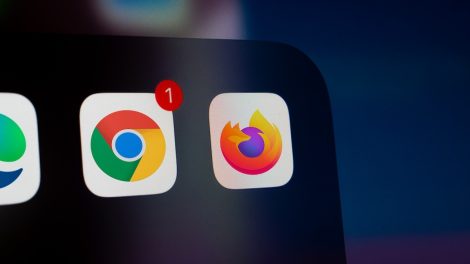LinkedIn recently announced its decision to discontinue its Audio Events feature, a move that signals a shift in the platform’s focus on professional networking tools. Launched as a beta feature in January 2022, Audio Events aimed to compete with platforms like Clubhouse and Twitter Spaces by offering real-time, audio-only discussions tailored to professional audiences. Despite initial interest, LinkedIn’s decision to retire the feature reflects the challenges of maintaining user engagement in the increasingly crowded and dynamic landscape of social audio.

When Audio Events was introduced, LinkedIn presented it as an opportunity for professionals to engage in live conversations without the pressure of video. This format was particularly appealing during the pandemic era, when remote work fueled a surge in virtual networking tools. The feature allowed users to host discussions on various topics, ranging from industry trends to career advice, attracting a mix of thought leaders, recruiters, and industry professionals.
However, sustaining momentum proved difficult. As pandemic restrictions eased and in-person events resumed, the demand for virtual audio discussions waned. LinkedIn observed declining participation rates and lower engagement metrics for Audio Events, leading to questions about its long-term viability. This decline mirrored broader trends in the social audio space, where even major players like Clubhouse faced challenges in retaining users and sustaining interest.
LinkedIn’s decision to sunset Audio Events underscores the company’s intent to refocus its efforts on core networking and professional development features. The platform has prioritized enhancements to its content discovery algorithms, job search tools, and learning resources. For LinkedIn, this strategic realignment allows it to concentrate on areas with proven value to its user base while stepping back from experiments with lower adoption rates.
The broader implications of this move highlight the competitive nature of social media platforms and their constant need to adapt. The rise and fall of Audio Events serve as a case study in how rapidly user preferences can shift, particularly in the context of emerging technologies. As LinkedIn continues to refine its offerings, its experience with Audio Events may inform future innovations, ensuring that new features align more closely with user needs and preferences.
LinkedIn’s departure from the audio events space raises questions about the sustainability of similar features on other platforms. Twitter Spaces, for example, has also faced scrutiny regarding its ability to maintain user interest over time. The evolving dynamics of social audio suggest that while live conversations have a place in digital communication, their success may hinge on integration with broader platform ecosystems and clear value propositions for users.
For LinkedIn users who valued Audio Events, the platform’s decision to discontinue the feature may prompt exploration of alternative tools. Clubhouse, Twitter Spaces, and Spotify Greenroom remain active players in the social audio field, each offering unique features and community dynamics. Professionals seeking similar experiences may need to diversify their platform usage to find the networking opportunities that best suit their needs.
Ultimately, LinkedIn’s strategic pivot reflects its commitment to staying aligned with its mission of connecting professionals worldwide. By concentrating on high-impact features and addressing evolving user demands, LinkedIn aims to maintain its position as the leading professional networking platform. While the discontinuation of Audio Events marks the end of an experimental chapter, it also signals the platform’s readiness to innovate and adapt in pursuit of sustained growth and relevance.










Add Comment